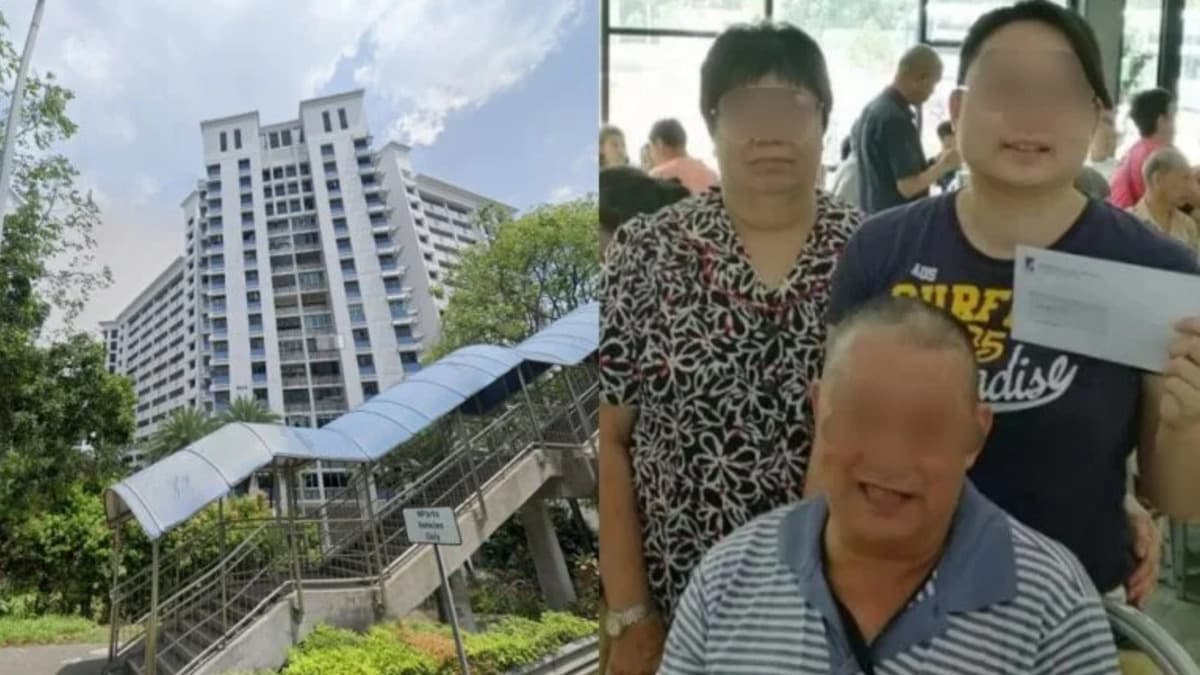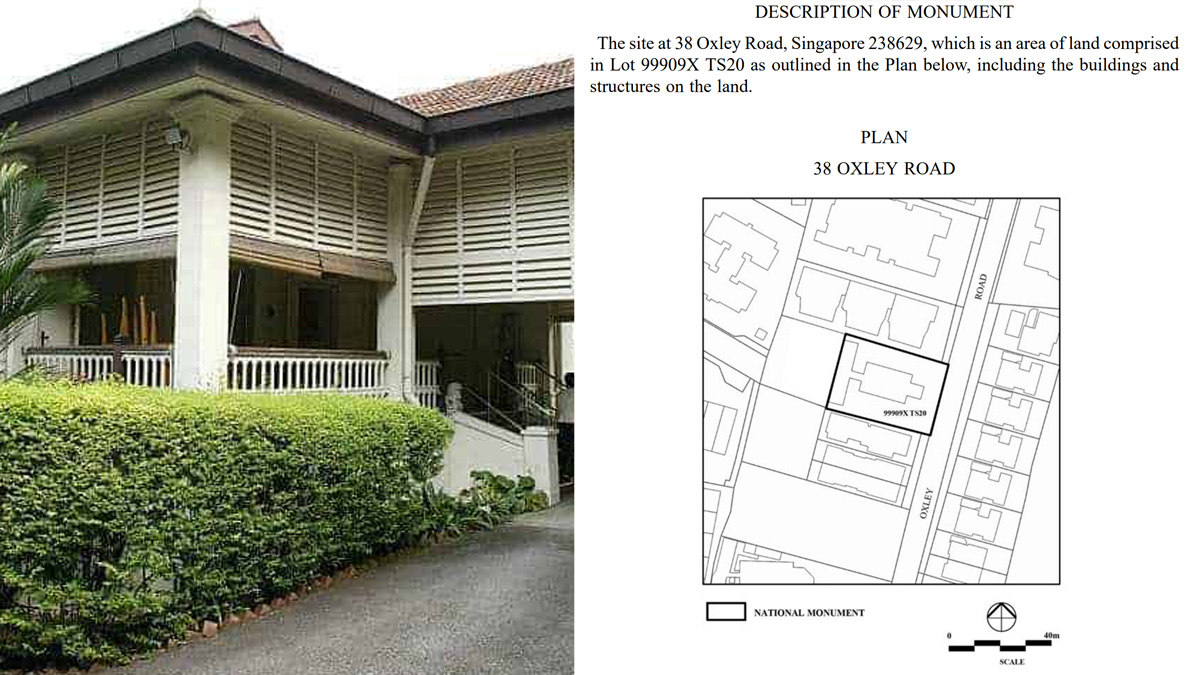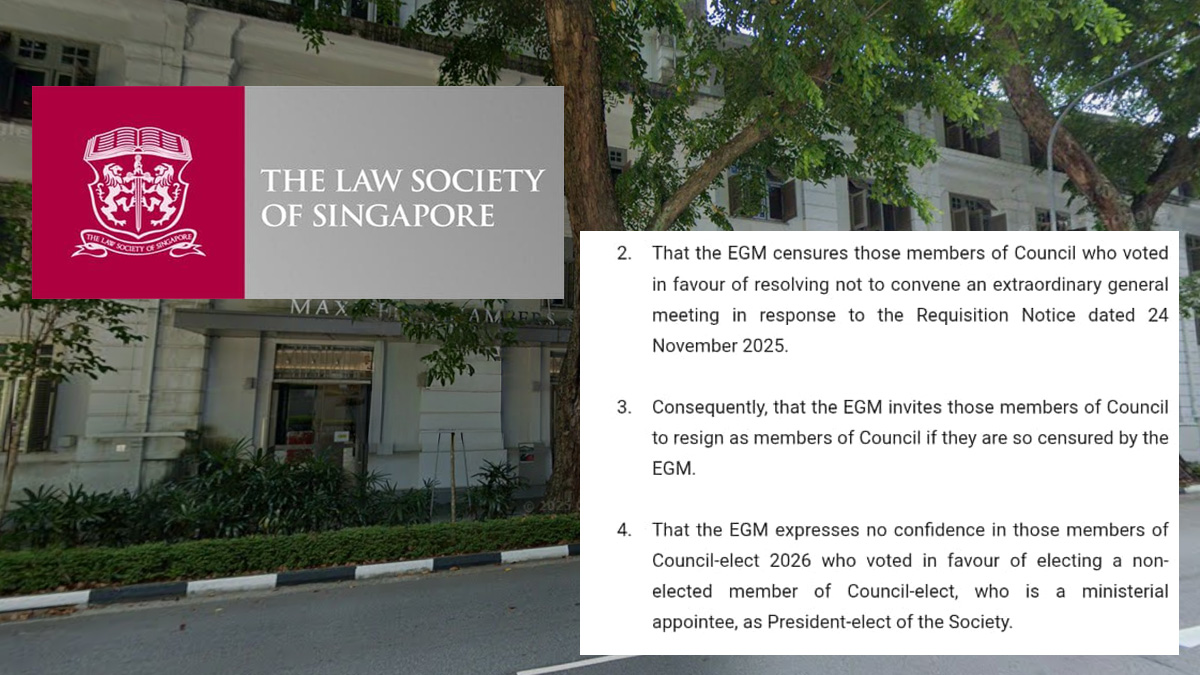Sengkang Woman Jailed 18 Years for Killing Adoptive Father in Brutal Chopper Attack
A 33-year-old woman suffering from delusional disorder was sentenced to 18 years in jail for killing her adoptive father in their Sengkang flat. The High Court found she acted under diminished responsibility but described the act as a “shocking and brutal” attack.

- Tan Qiu Yan, 33, killed her adoptive father in November 2022 after months of tension over property inheritance.
- The court accepted her defence of diminished responsibility due to delusional disorder but ruled the attack was excessively violent.
- She was sentenced to 18 years’ imprisonment, with the judge citing mental illness, grief, and isolation as key mitigating factors.
SINGAPORE: A 33-year-old woman was sentenced on 14 July 2025 to 18 years’ imprisonment for killing her adoptive father with a chopper in their Sengkang flat.
The High Court found that Tan Qiu Yan, who suffered from delusional disorder and schizoid personality disorder, had acted under diminished responsibility.
Justice Mavis Chionh described the case as “a shocking and brutal” attack on the man who had raised her since childhood.
Family tensions and emotional breakdown
According to Lianhe Zaobao, Tan’s adoptive mother, who had lung cancer, died in August 2022. Before her death, she told Tan she would inherit her share of their flat at Block 190A Rivervale Drive.
However, under joint tenancy law, ownership passed entirely to Tan’s adoptive father, 67-year-old Tan Ah Bang, after his wife’s death.
Arguments over the flat’s future ownership escalated during and after the funeral. At one point, her father demanded she move out, later softening and promising to share the property — though doubts continued to plague Tan.
Her grief and anxiety soon gave way to paranoia. She began believing her father was secretly planning to force her out of the home, intensifying her sense of insecurity and abandonment.
A weapon bought with intent
Days after the funeral, Tan purchased a large chopper from a supermarket. She selected it carefully, intending to use it as a weapon.
At home, she practised swinging the chopper and slicing fruit, assuring herself that it would be “effective.”
As disagreements over the flat persisted, Tan’s paranoia deepened. She even considered using scissors to attack her father but stopped herself. Still, the thought of homelessness consumed her.
The fatal confrontation
On the evening of 3 November 2022, tensions reached a breaking point. Earlier that day, Tan had overheard her father on the phone saying he could not talk because she was nearby. She interpreted this as proof he was plotting against her.
After receiving a condolence card that rekindled her grief, Tan cried in her bedroom before practising with the chopper again.
Later that night, while her father was scrubbing her work uniform, she again asked him to grant her half ownership of the flat. He refused angrily.
As he went to shower, Tan removed her glasses and waited outside the toilet. When he emerged around 8pm, she swung the chopper toward his neck.
A prolonged and violent assault
The court heard that Tan struck her father between five and 10 times at first. He tried to speak and fought back, grabbing her hair and biting her finger.
In response, she continued hacking him repeatedly — around 10 more times — until he fell silent.
Tan then sat cross-legged facing him and delivered about 30 additional blows, stopping only when she was physically exhausted.
The attack lasted approximately 10 minutes. She later cleaned the scene, changed her clothes, listened to music, and looked at family photographs.
At around 5am the next morning, Tan called the police and reported her father’s death.
Autopsy and psychiatric evaluation
An autopsy revealed that the cause of death was severe bleeding from deep incised neck wounds. Photographs submitted to the court showed extensive injuries across the victim’s body.
A psychiatric assessment from the Institute of Mental Health diagnosed Tan with delusional disorder of the persecutory type and schizoid personality disorder.
While her condition reduced her mental responsibility, she was found fit to plead. The IMH warned that untreated psychosis could worsen and potentially lead to future violence.
Arguments on sentencing
Deputy Public Prosecutor Sheldon Lim urged the court to impose a life sentence, describing Tan as posing a “catastrophic risk” to the public if released without ongoing treatment.
He argued that her persistent delusions and lack of family support made the risk of relapse significant.
Defence lawyer Daniel Koh sought a sentence of between five and seven years, noting her cooperation with investigators and good behaviour in custody.
He said that support networks, including the Anglican Care Centre and a Prison Fellowship pastor, were prepared to help Tan reintegrate after release.
Judge’s reasoning and final decision
Justice Chionh ruled that Tan did not meet the legal criteria for life imprisonment under culpable homicide not amounting to murder.
While acknowledging the horrific nature of the killing, the judge noted that Tan had no history of violence and that her actions stemmed from an acute mental collapse triggered by grief.
A 2025 psychiatric report indicated that Tan had gained partial insight into her illness and was responding to treatment.
The judge found that her fears of losing her home were “not wholly unfounded,” as they had been reinforced by her father’s words and actions.
However, she emphasised that the violence Tan inflicted was “entirely out of proportion to any perceived threat.”
Justice Chionh ultimately imposed an 18-year jail sentence, balancing the need for punishment and deterrence with compassion for Tan’s mental condition.
Tan remained expressionless throughout the hearing, listening to proceedings through a Mandarin interpreter. She kept her eyes closed for much of the session and did not address the court.








0 Comments